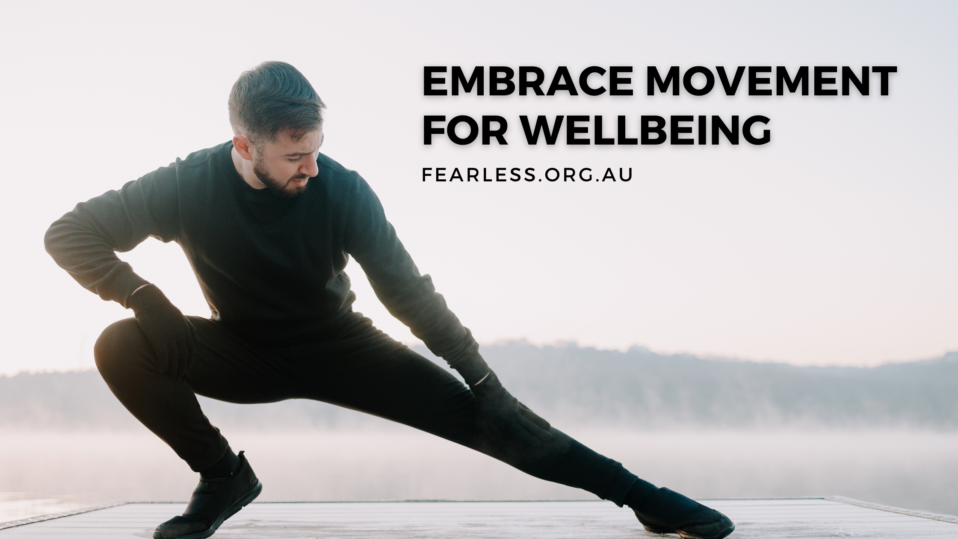Regular exercise is not only beneficial for your physical health but also has profound impacts on mental health. Engaging in physical activity can help alleviate symptoms of depression, anxiety, and stress, while also enhancing overall well-being. Here’s how:
Reducing Stress
Exercise is a natural and effective way to reduce stress. Physical activity increases the production of endorphins, which are chemicals in the brain that act as natural painkillers and mood elevators. Engaging in activities like walking, running, or yoga can help reduce cortisol levels, leading to decreased stress and a more relaxed state of mind.
Combating Anxiety and Depression
Exercise promotes mental health by combating anxiety and depression. When you exercise, your body releases endorphins, which interact with receptors in your brain that reduce your perception of pain. This can create a feeling of euphoria, often referred to as a “runner’s high.” Additionally, regular physical activity can help to reduce inflammation, promote neural growth, and create new activity patterns that promote feelings of calm and well-being.
Enhancing Mood
Exercise has been shown to improve mood and emotional well-being. Physical activity stimulates the release of chemicals like dopamine and serotonin, which are crucial for mood regulation. Even short bursts of exercise can lead to immediate improvements in mood, making it an excellent tool for managing daily stressors.
Boosting Self-Esteem and Cognitive Function
Regular exercise can significantly boost self-esteem and cognitive function. Physical activity increases blood flow to the brain, which can enhance memory, creativity, and problem-solving skills. Furthermore, achieving exercise goals, even small ones, can give you a sense of accomplishment and improve your self-worth.
Promoting Better Sleep
Exercise can also help regulate your sleep patterns, leading to better quality sleep. Physical activity increases body temperature, and the post-exercise drop in temperature can promote falling asleep. Additionally, the reduction in anxiety and stress from exercise can contribute to more restful sleep.
Building Social Connections
Engaging in group exercise or sports can help build social connections, which are vital for mental health. Social interactions during physical activities can provide support, reduce feelings of loneliness, and enhance overall well-being.
Encouraging a Routine
Establishing a regular exercise routine can provide structure and a sense of purpose. Having a consistent routine can be particularly beneficial for individuals with mental health challenges, as it helps create a stable and predictable environment.
Tips to Get Started
- Start Small: Begin with short, manageable sessions and gradually increase the duration and intensity.
- Find Activities You Enjoy: Choose activities that you find fun and engaging to stay motivated.
- Make it Social: Exercise with friends or join a group to stay accountable and make the experience enjoyable.
- Set Realistic Goals: Set achievable goals to build confidence and a sense of accomplishment.
Incorporating exercise into your daily routine can have significant positive effects on your mental health. Whether it’s a brisk walk, a yoga session, or a game of tennis, physical activity can help reduce stress, combat anxiety and depression, enhance mood, and improve cognitive function. Embrace the power of movement and take the first step towards a healthier, happier you.
At FearLess, we understand the challenges that individuals and families face during the holiday season. Our mission is to support and provide resources for those affected by PTSD. By implementing these strategies and seeking support when needed, you can stress-proof your festive season and make it a time of healing, connection, and hope.
Join us in our mission to help Australian and New Zealand families living with PTSD. Your support can make a significant difference. Together, we can work towards a brighter and more peaceful future.
To learn more about FearLess and access valuable resources, visit www.fearless.org.au



Post a comment